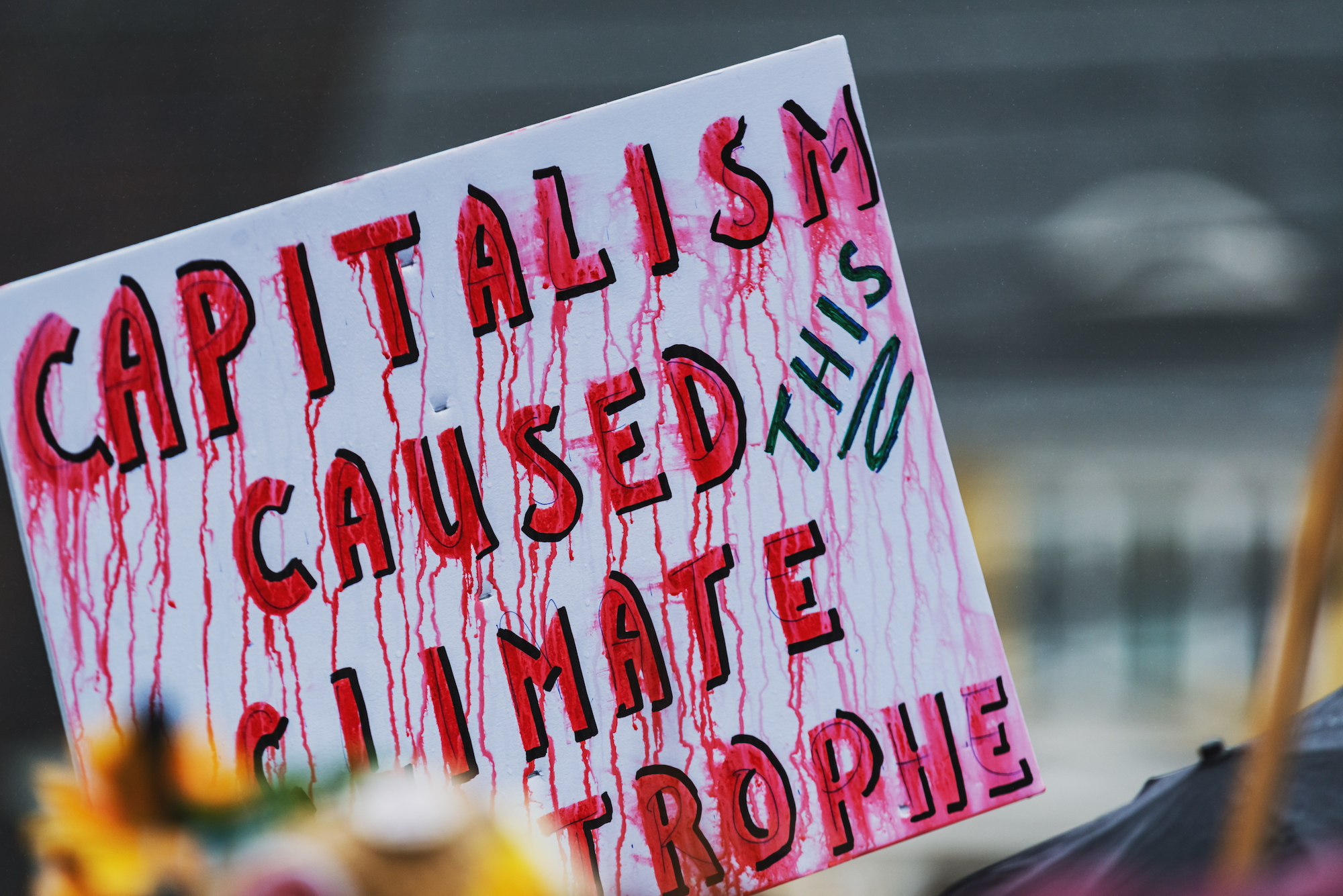Capitalism - not a viable route to creating a prosperous future for all
Are we mature enough to let go of what we know, take this warning seriously and boldly explore alternatives that will suit out futures better?
Capitalism has been a great experiment.
It has created all of the wealth and advancements that we enjoy today.
As an economic philosophy it has served society well.
It has however, reached its sell-by date.
As much as capitalism has worked till now, it will not work in the same way in the future. The world will need to find an alternative economic mantra to follow, or else we are most certainly facing unsustainable consequences due to our inability to reinvent ourselves.
This however - is not news.
In 1972, MIT scientists, led by Donella Meadows, published the book Limits to Growth.
The authors created a computer model that analyzed global resource consumption and production. Their results shocked the world and created stirring conversations about global 'overshoot,' or resource use beyond the carrying capacity of the planet.
The book suggested that the system of capitalism, premised on the need for indefinite GDP growth and increasing levels of consumption - needed to be adjusted in order to ensure the sustainability of the planet, the avoidance of radical mineral depletion and widespread prosperity for the most number of people.
That was nearly 50 years ago.
Now once again, a slew of scientist, economists, philosophers and realists are suggesting that at current levels - we won't make it through the next 30 years if we carry on like this.
'“While government official are levelling charges that environmental activists ‘threaten our way of life’ it is worth re-examining what that way of life should entail,” said study co-author Professor Julia Steinberger who leads the Living Well Within Limits project at the University of Leeds. “There has been a tendency to simplify the idea of a good life into the notion that more is better. It is clearly within our grasp to provide a decent life for everyone while still protecting our climate and ecosystems.”
Altogether, these studies suggest that doing away with endless-growth-capitalism is not just necessary to avoid catastrophic materials shortages and dangerous climate change destabilising our societies within a few decades, but could pave the way for a far more equitable economic system which protects the planet while sustaining prosperity for all.'
But are we mature enough to let go of what we know, take this warning seriously and boldly explore alternatives that will suit out futures better?
It would take a lot to convince me that our collective evolution of character is at such a level that we are ready to take this warning seriously and put real effort into adopting a new economic ideology.
We are still so hung up on the idea that more is better. Society just isn't currently at that level where we can stop and really question our behaviour like this.
But we remain forever optimistic that something wildly unexpected happens and forces us all to change - just please don't call it a 'black swan event' or 'the new normal' for goodness sake.
Just because it comes as a 'surprise' to some, doesn't mean we didn't know about it.







